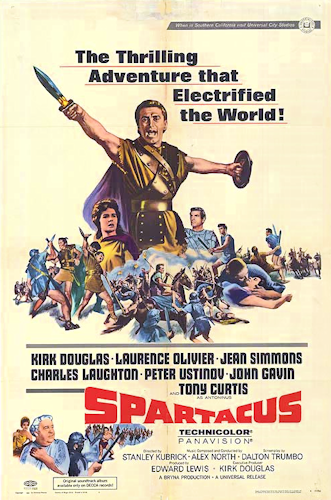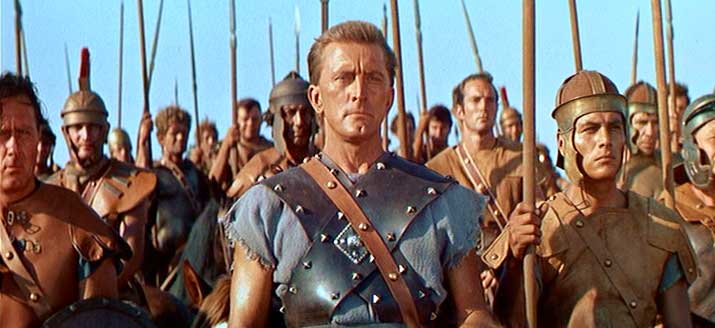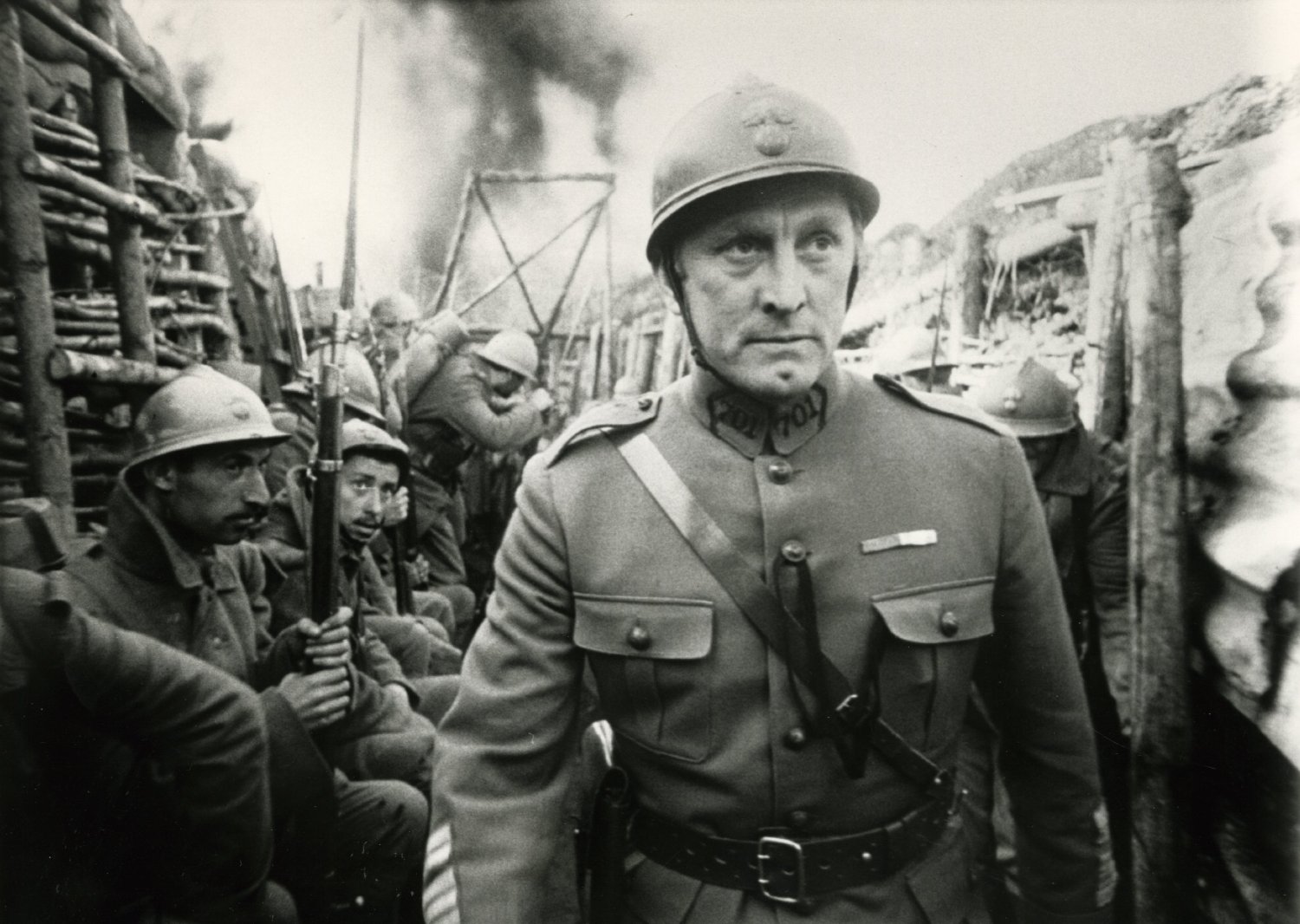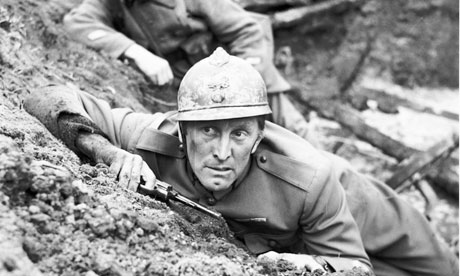 #401- Lolita (1962)
#401- Lolita (1962)Starring: James Mason, Shelley Winters, Sue Lyon
Directed by: Stanley Kubrick
Plot Summary: Professor Humbert Humbert arrives in Ramsdale, New Hampshire searching for a room to rent. Charlotte Haze offers him to stay in her house with a reasonable price for rent. Humbert begins to decline until he sees Charlotte's 14-year-old daughter Delores, who goes by the nickname "Lolita." In order to stay close to Lolita, Humbert agrees to stay in Charlotte's home. Over time, Charlotte confesses her feelings for Humbert and he reluctantly agrees to marry her. While Lolita is away at summer camp, Charlotte discovers the truth about Humbert and flees the house. Humbert receives a call saying that Charlotte was struck by a car and killed, and now he must deliver the news to Lolita as he goes to pick her up from camp. Instead of being upfront with her, Humbert takes her on the road to start their new lives together.
Now we are getting into a popular subject when analyzing Stanley Kubrick's films: controversy. From the treatment of his actors, to his unorthodox filmmaking techniques, to many of the social commentaries and criticisms obviously presented in his movies, Kubrick was a man who knew how to get people talking about his films. So then, while we are on the subject of controversy, let's look at a film whose entire subject was controversial: Lolita. With a tagline that actually begs the question "How did they ever make a movie of Lolita?," the film details the story of a middle-aged man who falls in love with a 14-year-old girl. Once you've digested that idea passed the nausea in your stomach, you're probably agreeing with the film's tagline. But when you watch it, you're probably even more confused and unsettled by the fact that this film is actually pretty entertaining. Without a question the plots and characters are morally despicable, but this film is a character study that puts you in the mind and heart of each main character. So let's look at each of the 4 main characters and analyze what can be taken away positively from the controversial decisions of Kubrick's vision.
James Mason stars as Professor Humbert Humbert (I'm dead serious...that's his name). The first thing I'm sure everyone will notice about Mason is his voice. It sounded like the perfect amount class and elegance to mirror how sick and perverse his character will be around the film. Humbert has a LOT of emotions and events he must endure throughout the film. My favorite is his paranoia for anyone finding out about him and Lolita. I mean he becomes a mad man over being caught, he's that upset. As far as leading a film, Mason does a good job and I was instantly won over by his performance. A lot of people assume this is Lolita's film, but it's actually Humbert's and Mason does a superb job of reminding us that by commanding the screen.
 The titular character of Lolita is played by Sue Lyon. Lyon injects an attention-grabbing attitude to Lolita that really steals the show. Up until this point in film, most "kid" characters are in the background or are well-behaved angels. With Lolita, she plays a down to earth teenager that I'm sure spoke to many viewers as a refreshing realistic approach to the ongoing behavior movement that was going on in the world. And for all of you wanting to point at the elephant in the room about her being marketed as a "seductive" character, I'm avoiding discussing that like the plague. It would be way too easy for someone to take my words out of context, so all I'm going to do is address her attitude as a teenage character, and NOT whether or not she has sex appeal (sickos).
The titular character of Lolita is played by Sue Lyon. Lyon injects an attention-grabbing attitude to Lolita that really steals the show. Up until this point in film, most "kid" characters are in the background or are well-behaved angels. With Lolita, she plays a down to earth teenager that I'm sure spoke to many viewers as a refreshing realistic approach to the ongoing behavior movement that was going on in the world. And for all of you wanting to point at the elephant in the room about her being marketed as a "seductive" character, I'm avoiding discussing that like the plague. It would be way too easy for someone to take my words out of context, so all I'm going to do is address her attitude as a teenage character, and NOT whether or not she has sex appeal (sickos).One of the more annoying characters in the film is Lolita's mother Charlotte, played by Shelley Winters. With Humbert in love with her daughter, the audience can definitely feel bad for Charlotte in that regard. It's absolutely despicable that he used her love for him as a way to gawk at her daughter and the audience should feel for her. However, she also comes down on Lolita with a parenting technique that might be considered cruel and verbally abusive. So, she's a very complex character to watch. There are times where you can feel sorry for her, and other times when you want to shut her up. I'll admit of the characters, she's probably the one who has aged the worst over time, but Winters at least does a good job of playing such a complex character for the audience.
Peter Sellers rounds out the cast as Clare Quilty, a crafty and charismatic character who plays a pretty big role in the film's climax. I won't dare spoil what lengths his involvement is, but trust me when I say Sellers absolutely owns this role and adds a lot of comedy to the film when necessary.
To address the controversy surrounding the plot, Kubrick actually made sure Lolita's age was altered from 12 (which was the original age for the character in the book it was based on) to 14. While not a drastic alteration, Kubrick at least seemed aware that the plot may leave many viewers unsettled and tried to work alongside the censors to create something a little more "acceptable." To clarify, this film isn't smut. It's not porn. They are never even shown kissing or having sex. Lolita uses a controversial topic to tell an artsy character study. And I believe it works really well. You go into the psychology of characters like Humbert, the family dynamic between Charlotte and Lolita, and Quilty's connections to the narrative, and the plot takes a back seat. You are invested in these characters and wonder what is going to happen to them, that's a mark of how great Kubrick was at directing. He created a film with characters so compelling that you forget about the controversy and focus on other elements within the film. That's not an easy thing to do in any era of film, so kudos to Kubrick.
Rating: 3 out of 5 stars
With a controversial plot, Lolita is one of Kubrick's earliest films that will have audiences thinking. The main cast is very strong, and the plot blurs the lines of drama and comedy to create a film I would recommend watching at least once for any fans of Kubrick.
Lolita and movie images are copyrighted by Metro-Goldwyn-Mayer






